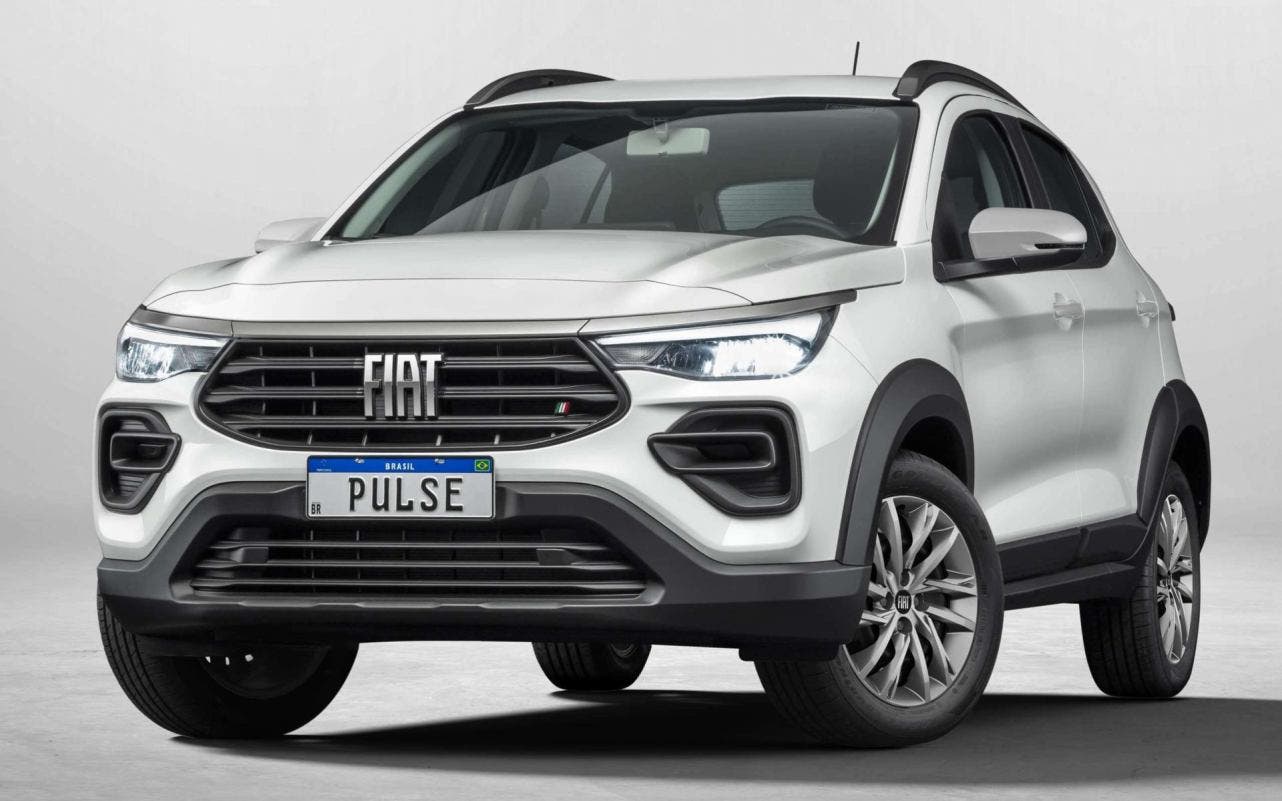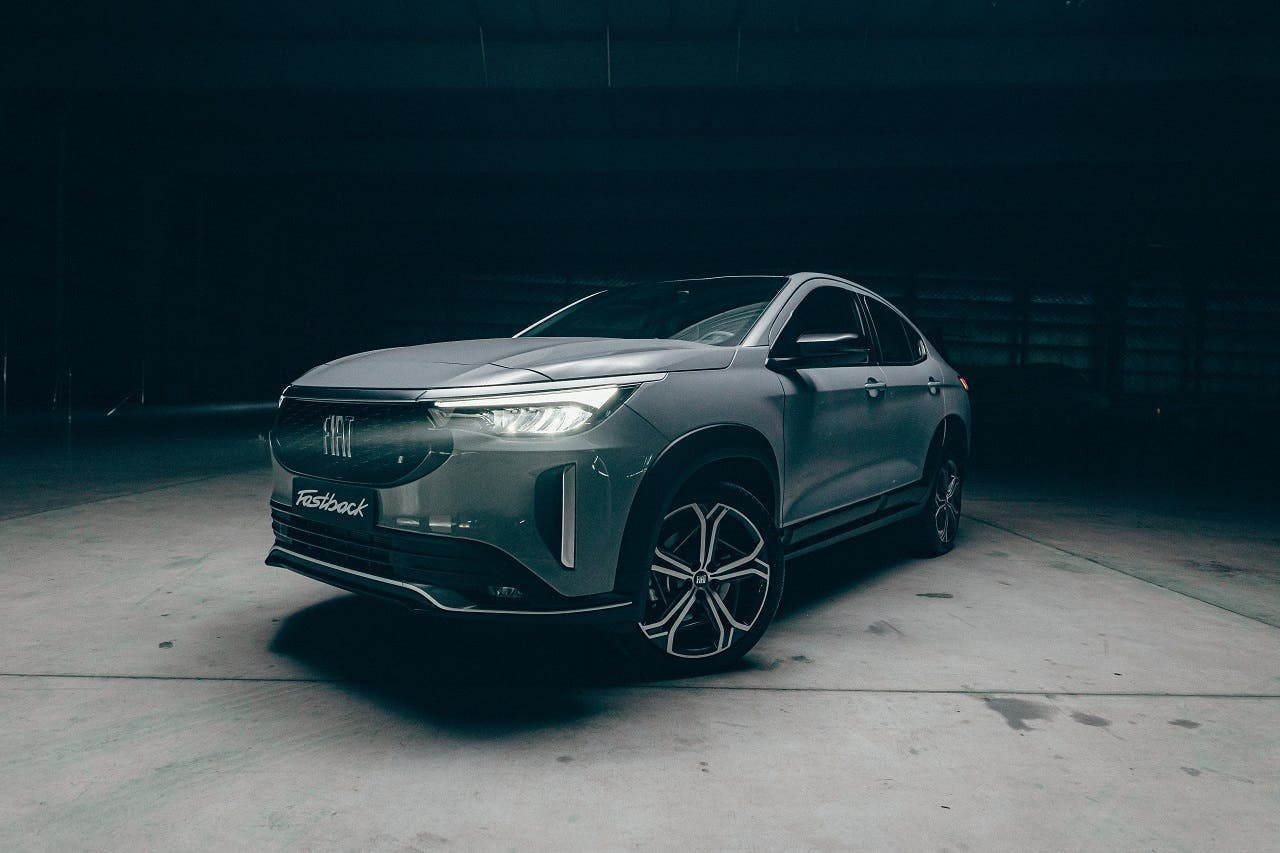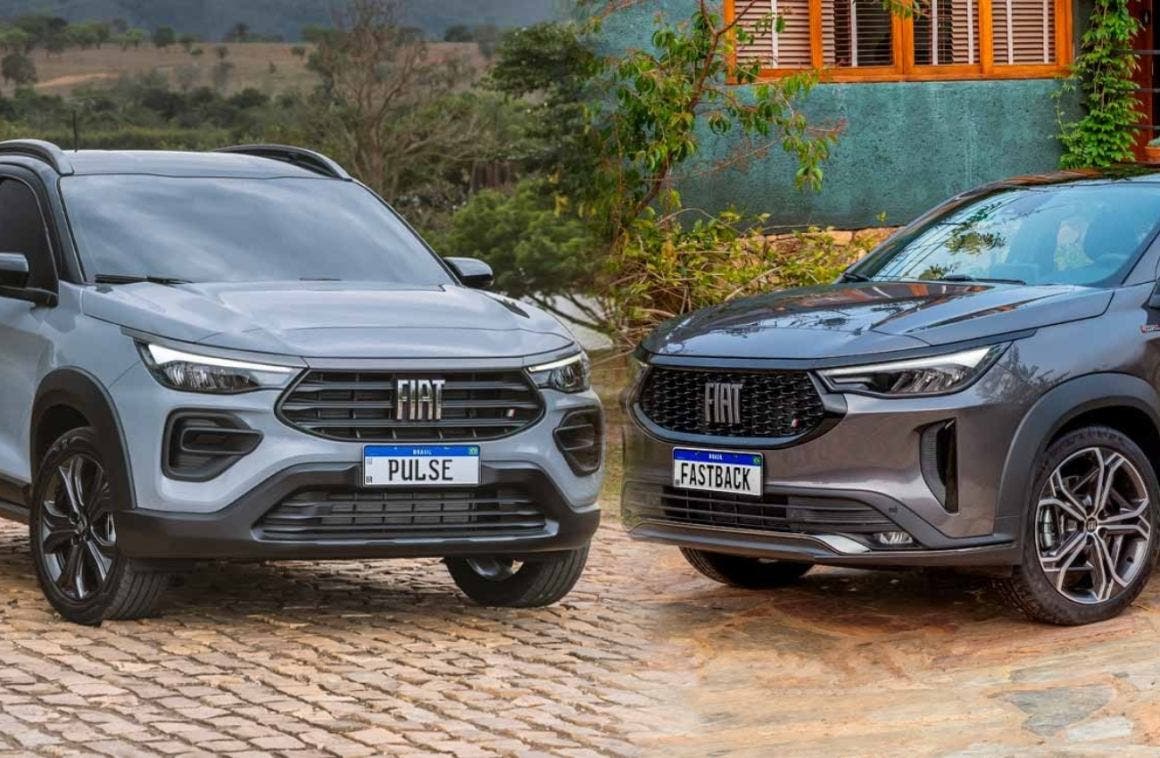Fiat Pulse and Fastback, the first SUVs from the Italian automaker in Brazil, debuted just over 2 years ago, subsequently giving rise to the Abarth performance division in the country and entering the list of best-selling vehicles. Starting from November, they will also be available in versions with Stellantis hybrid flex technology within the 2025 range.
In November, Fiat Pulse and Fastback will be available in versions with Hybrid Flex technology

According to journalist Jorge Moraes, this will be the first point of Stellantis’ plan to implement four different phases of electrification for its products in Brazil. In fact, Pulse and Fastback can be configured with a mild hybrid system, which combines a flexible engine with a 48V battery and an alternator, allowing not only a reduction in fuel consumption and lower polluting emissions but also adding torque and even power for overtaking or acceleration moments.
With this new configuration, Stellantis aims to reduce polluting emissions by up to 90%. The introduction of the hybrid version for Fiat Pulse and Fastback reflects their weight in the market: the SUV-coupe ranks 7th in the SUV ranking with 31,792 registrations, while Pulse occupies the 11th place with 25,316 units.
Starting from the end of 2023, Stellantis has outlined an articulated plan for the electrification of cars in Brazil. The company will focus on developing flexible hybrid models, with particular emphasis on the use of ethanol to reduce CO₂ emissions. At the beginning of 2024, an investment of 14 billion R$ was decided for the Betim (MG) plant, a unit that has been producing the Pulse since the end of 2021 and the Fastback since September 2022, as well as the Abarth sports versions since 2023.

Regarding delivery, production capacity will be expanded to 1.1 million engines per year. According to the brand, the idea of the cycle is that there will be the launch of 40 new products, 8 powertrains, and the development of new Bio-Hybrid technologies, innovative decarbonization technologies throughout the automotive supply chain.
In total, Stellantis’ investment plan amounts to 32 billion R$ and intends to make Brazil the source of electrified models for various brands between 2025 and 2030. Stellantis’ initial forecast was to start announcing cars equipped with hybrid engines in the second half of 2024, which coincides with the presentation of Fiat Pulse and Fastback in November.

